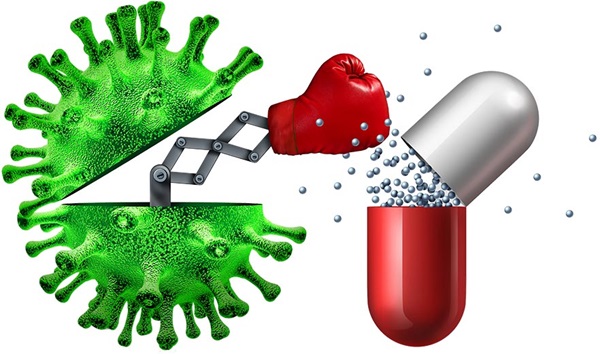
As antimicrobial resistance (AMR) continues to pose a significant threat to global health, experts emphasise the critical importance of effective risk communication in addressing this “silent pandemic.”
During a five-day training session held in Lagos, the experts stressed the necessity for accurate, timely and transparent communication to help the public and stakeholders mitigate the risks associated with AMR.
The training brought together participants from Nigeria’s six geopolitical zones and focused on advocacy strategies to combat AMR.
According to Science Nigeria, this training was organised by the Fleming Fund Country Grant (FFCG II), a project supported by the UK Government’s Foreign, Commonwealth and Development Office (FCDO). The aim is to equip journalists, Civil Society Organisations (CSOs) and community-based organisations (CBOs) with the knowledge and tools necessary to enhance awareness and advocacy regarding AMR.
The FFCG II has played a crucial role in Nigeria’s fight against AMR. Managed by Management Sciences for Health (MSH), the project collaborates with One Health Ministries, which include the Federal Ministry of Health, the Federal Ministry of Agriculture and Food Security (FMAFS), and the Federal Ministry of Environment. Together, they implement a coordinated, multisectoral approach to address AMR across human, animal and environmental health.
Aligned with Nigeria’s FFCG Phase 2 Country Investment Strategy (CIS), the project focuses on four priority areas, vis producing quality AMR data, analysing data effectively, sharing analysis with decision-makers and promoting sustainable investment to counter AMR.
Through these efforts, the project plays a vital role in strengthening Nigeria’s response to AMR, a growing public health concern.
Meanwhile, experts emphasise the necessity of clear and effective communication. Dr. Nafi’u Lawal, an AMR specialist in the animal health sector at Usmanu Danfodiyo University, Sokoto, stressed that real-time information exchange between experts and the public is crucial in mitigating AMR risks.
“Risk communication is a vital component of risk analysis,” Lawal stated.
He noted that effective AMR risk communication helps individuals make informed decisions, ensuring that accurate information reaches those most at risk, including farmers, healthcare workers and policymakers.
According to him, the World Health Organisation (WHO) recommends AMR risk communication strategies that are clear, consistent and transparent. These strategies foster engagement and empathy to address public concerns without causing panic.
Lawal also warned that misinformation and fear could hinder effective responses to AMR threats.
He outlined several key principles for AMR communication: “Clarify that bacteria – not humans – develop resistance; use personal stories instead of statistics to create a stronger emotional connection; highlight the real-world effects of AMR rather than distant projections; and frame AMR as a solvable problem to motivate behavioural change.”
Additionally, he stressed the importance of leveraging trusted voices, such as healthcare professionals, religious leaders, and community influencers, to enhance public awareness and encourage responsible antibiotic use.
A public health specialist, Mrs. Omolara Oyinlola, called on government agencies, researchers, and community organisations to adopt a strategic, coordinated approach to AMR risk communication.
“As Nigeria grapples with rising cases of drug-resistant infections, we must focus on prevention, responsible antibiotic use and global collaboration to reduce AMR’s impact,” Oyinlola said.
She reiterated that AMR poses a severe risk to healthcare, food security, and livelihoods, emphasising that effective communication remains a powerful tool in safeguarding public health.

